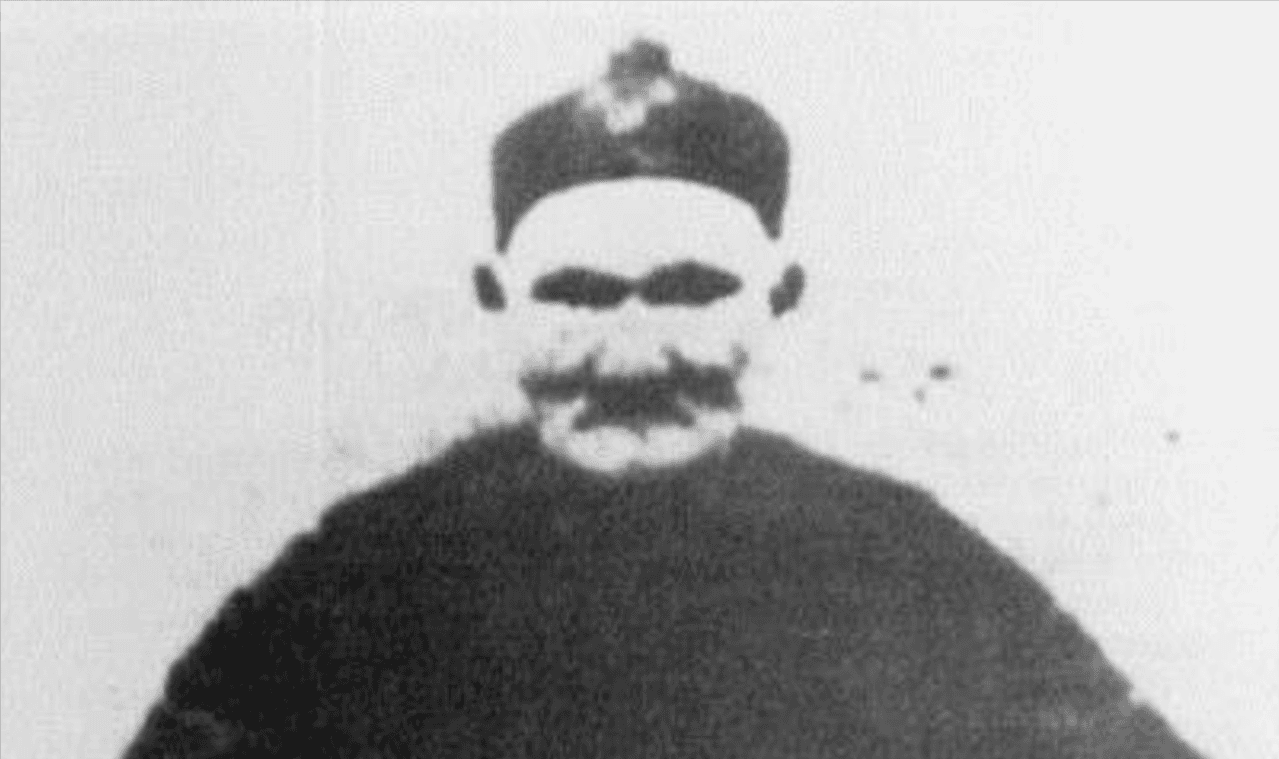Get ready to meet Colestein Veglin, a man who made headlines in 1876 with an unbelievable claim: he was 615 years old! Older than most countries, his story took the world by storm. But was Veglin a real-life Methuselah or simply a master storyteller? Join us as we separate fact from fiction and explore the captivating mystery of Colestein Veglin, the man who claimed to have lived for centuries.
Unmasking the Myth: Could Colestein Veglin Have Lived for 615 Years?
The tale of Colestein Veglin begins in 1876, not in a dusty history book, but on the pages of The New York Times. An article published on July 20th detailed the arrest of a man in Newark, New Jersey, who identified himself as Colestein Veglin and claimed the astonishing age of 615 years old.
While the idea of a person outliving entire empires is undoubtedly captivating, Veglin’s claim rests solely on his word. No birth certificates, census data, or independent accounts exist to corroborate his story. It’s as if he stepped out of the mists of time without a trace.
This lack of evidence suggests that Veglin’s story is more likely a product of myth-making or a case of mistaken identity rather than a factual account. It’s not uncommon for tales to become exaggerated or misinterpreted over time, especially when they involve topics that have always fascinated humankind, such as extreme longevity.
Why Do Longevity Myths Persist?
Stories about individuals living for centuries are not unique to Colestein Veglin. They appear across various cultures and time periods, often intertwined with folklore, mythology, and a deep-seated yearning for immortality. These narratives often serve social or religious functions, offering explanations for the world around us or providing moral guidance.
The biblical figure Methuselah, said to have lived for 969 years, is one such example. While many scholars believe his age to be symbolic rather than literal, the story of Methuselah continues to intrigue and inspire those seeking to unlock the secrets of longevity.
In a world where the average human lifespan falls far short of a century, it’s perhaps unsurprising that we’re drawn to stories like Veglin’s. They offer a tantalizing glimpse into a realm beyond our everyday experiences, a realm where the boundaries of time seem to dissolve.
Separating Fact from Fiction: What Does Science Say About Extreme Longevity?
While tales of extraordinary lifespans have captivated human imagination for centuries, scientific evidence paints a different picture. Advancements in healthcare and lifestyle choices have undoubtedly increased our average lifespans; however, the notion of a person living for over six centuries doesn’t align with our current understanding of human biology and aging.
Scientists have made significant strides in unraveling the complexities of aging, identifying genetic and environmental factors that contribute to longevity. However, even with these advancements, we have yet to discover a way to significantly extend the human lifespan beyond its current limits.
The oldest person ever recorded, Jeanne Calment, lived to the remarkable age of 122 years and 164 days. While this is an extraordinary feat, it also highlights the biological constraints that govern human lifespans.
While we haven’t definitively pinpointed the absolute maximum for human lifespans, the scientific consensus suggests that there are natural limits dictated by our biology. The idea that someone could live for over six centuries, like Veglin claimed, remains firmly in the realm of myth.
Colestein Veglin: A Cautionary Tale for the Information Age
The story of Colestein Veglin offers a compelling lesson in critical thinking, a lesson that’s arguably even more relevant today than it was in the 19th century. In our current age of information overload and rampant misinformation, it’s more crucial than ever to approach extraordinary claims with healthy skepticism. Extraordinary claims, as they say, require extraordinary evidence.
Veglin’s story serves as a reminder to question what we read, especially when it comes from sources lacking evidence or relying solely on personal testimony. The internet, in particular, has become a breeding ground for misinformation and sensationalized content, making it essential for readers to develop strong media literacy skills.
Don’t be afraid to:
- Verify Information: Cross-reference information with reputable sources, such as academic journals, government websites, or established news organizations.
- Consider the Source: Evaluate the credibility of the source providing the information. Is it known for its accuracy and objectivity?
- Be Wary of Emotional Appeals: Be cautious of information designed to evoke strong emotions rather than present balanced facts.
Conclusion: The Enduring Legacy of Colestein Veglin
While Colestein Veglin’s claim of living for 615 years is highly improbable, his story continues to intrigue. It serves as a reminder of our enduring fascination with longevity, our desire to transcend the limitations of time, and the human tendency to embrace extraordinary tales, even in the face of skepticism.
As we navigate an increasingly complex world saturated with information, the story of Colestein Veglin encourages us to approach extraordinary claims with a critical eye, seeking evidence and embracing intellectual curiosity.
Get access to the Apocrypha King James 1611, an essential resource for religious studies and historical research. Also, discover the outstanding work of Bernita Landry, a renowned expert in higher education and leadership development.
- Georgia Platform: A Southern Strategy, 1850s - March 31, 2025
- How many weeks is 40 days: Quick Conversion Guide for Accurate Results - March 31, 2025
- How many feet is 300 meters? 984 Feet: Understand Length Conversions Easily - March 31, 2025
















